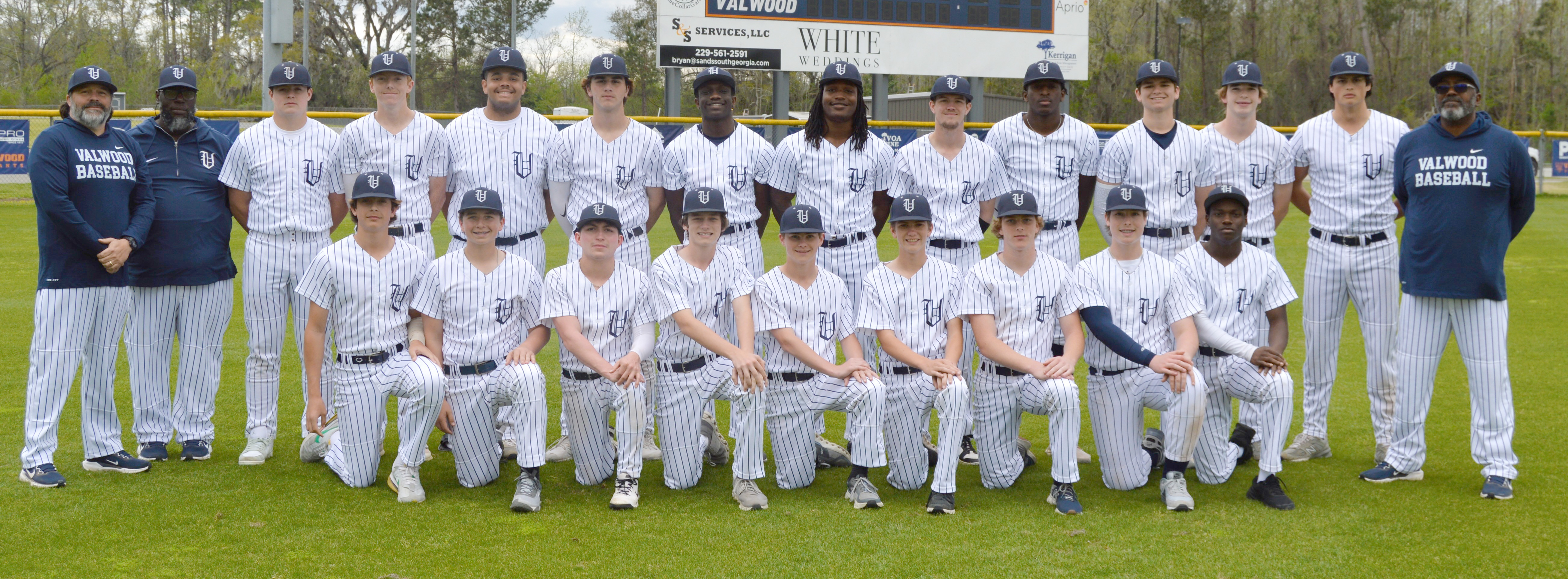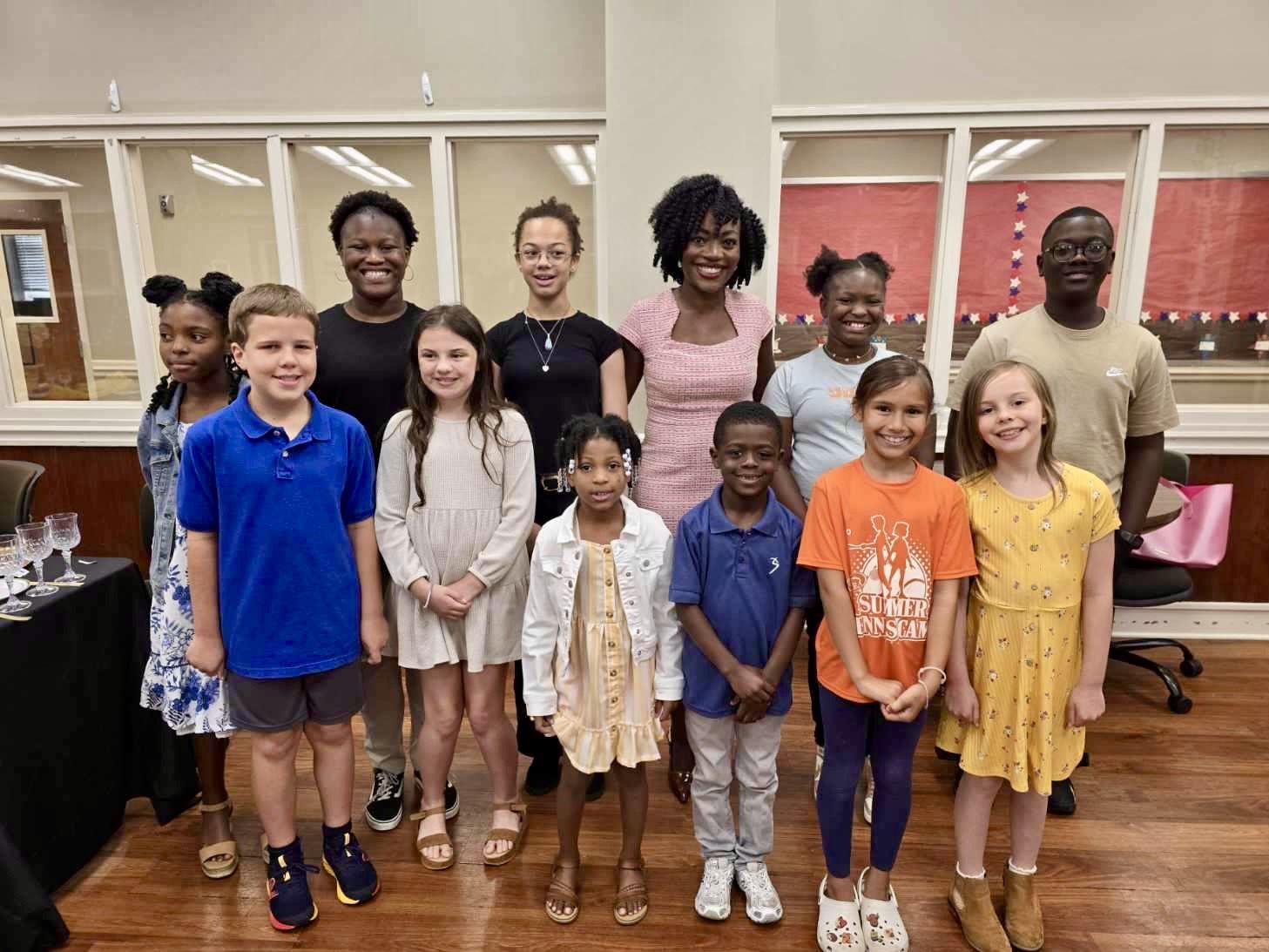Appellate court takes up mass voter eligibility challenges
Published 2:28 pm Tuesday, May 13, 2025
ATLANTA – Oral arguments in a federal courtroom Tuesday over whether a Texas-based conservative group’s mass voter challenges in Georgia almost five years ago amounted to an attempt to intimidate minority voters boiled down to intent.
A lawyer representing Fair Fight, a voting rights group founded by two-time Democratic gubernatorial nominee Stacey Abrams, told a three-judge panel of the 11th U.S. Circuit Court of Appeals the eligibility challenges of almost 365,000 voters – the largest in the state’s history – lodged by True the Vote was aimed at discouraging voters ahead of two runoff elections in January 2021 that vaulted Democrats Jon Ossoff and Raphael Warnock into the U.S. Senate.
“Georgia has a sordid history of intimidation, of mass challenges,” said Uzoma Nkwonta, a partner in the Elias Law Group, “History is repeating itself.”
Nkwonta argued that the sheer number of “frivolous” challenges mounted against Black voters who were “clearly qualified to vote in Georgia” constituted an attempt to intimidate. He also pointed to press releases True the Vote issued at the time calling attention to the mass challenges and threatening to release the names of those challenged as evidence of the group’s intent at intimidation in violation of the federal Voting Rights Act.
“They were never intended to be legitimate challenges,” Nkwonta said. “This was a stunt in order to intimidate voters.”
But Jake Evans, the lawyer representing True the Vote, said the challenges were not aimed at intimidation.
“If the intent were to intimidate voters … they could have robocalled voters directly,” he said. “No voter ever testified to speaking to True the Vote … or seeing a post of any sort.”
Evans urged the appellate judges to uphold the ruling of U.S. District Judge Steve Jones early last year. The lower court found after hearing from 18 witnesses during seven days of testimony that True the Vote’s actions did not constitute illegal voter intimidation.
But the judges were skeptical. U.S. District Judge Federico Moreno of Florida, one of the panel participants, noted that none of the challenges True the Vote filed were successful.
“Doesn’t that begin to tell you something about the motivation of the challenges?” Moreno asked Evans.
While Jones sided with True the Vote in his January 2024 ruling, he went on to criticize what he called the group’s “reckless” means of compiling the list of voters whose eligibility it questioned.





